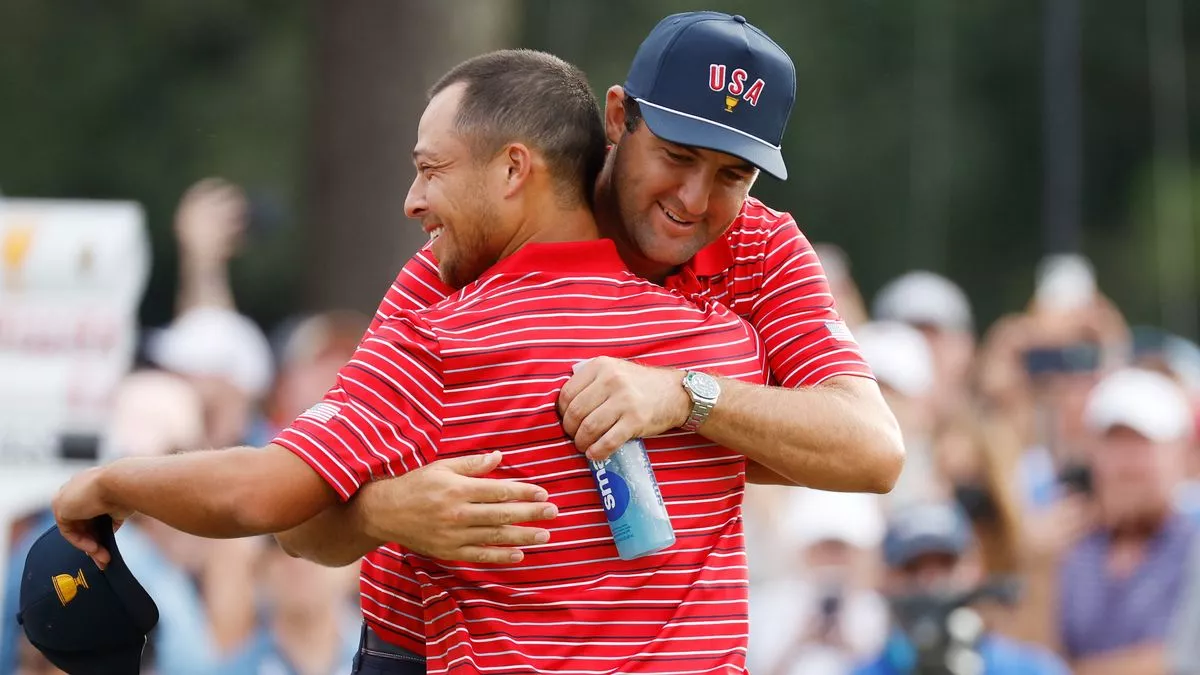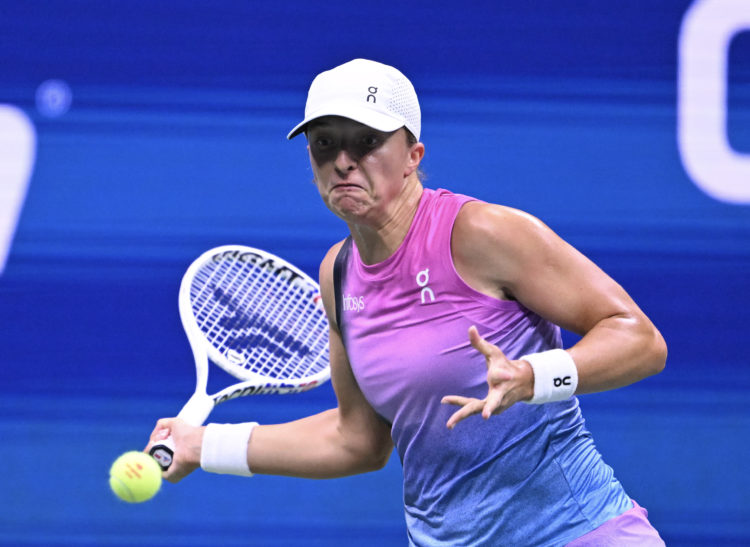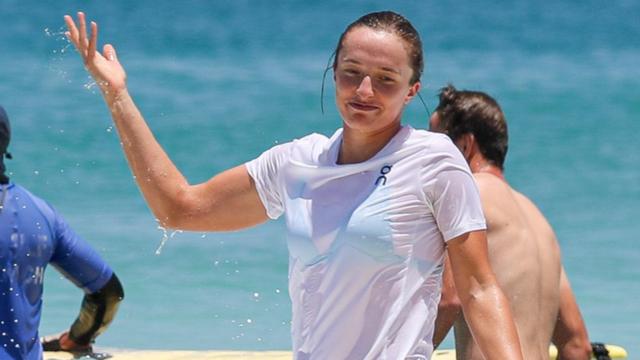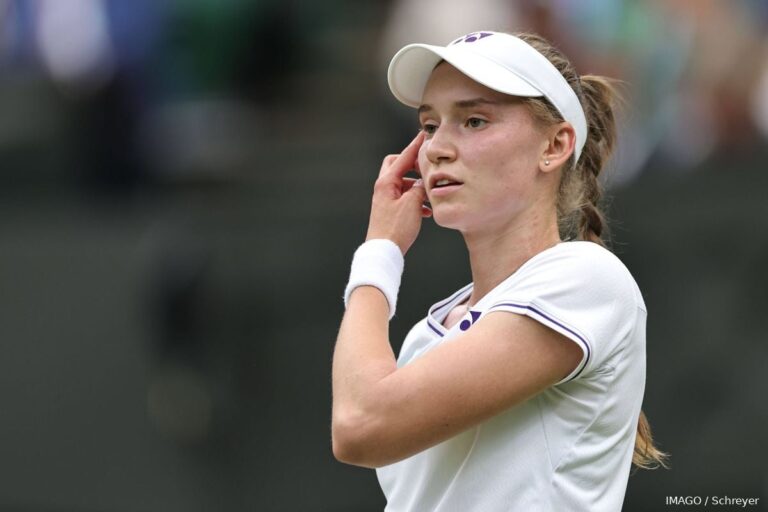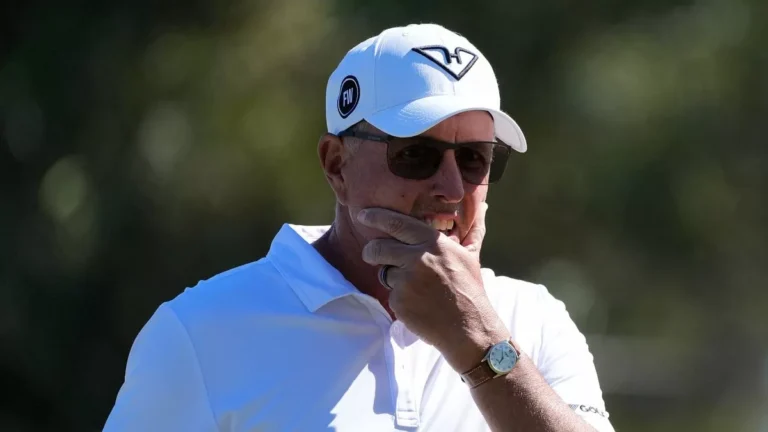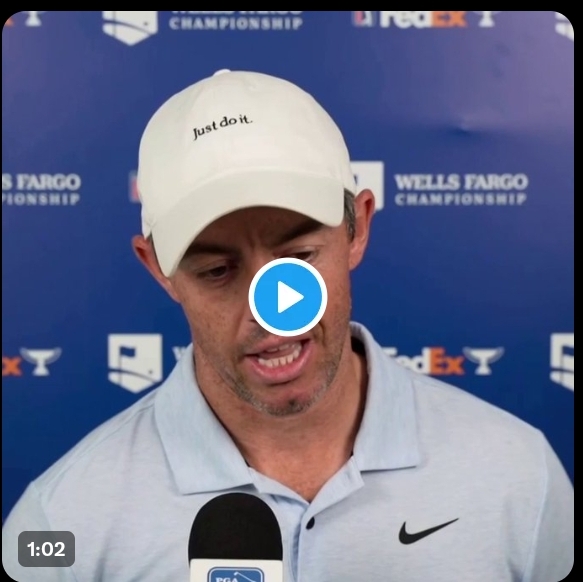LIV Golf Players Now Eligible for Ryder Cup: Reactions from Xander Schauffele and Scottie Scheffler
LIV Golf Players Now Eligible for Ryder Cup: Reactions from Xander Schauffele and Scottie Scheffler
This week, the PGA of America made a significant announcement that has stirred conversations across the golf community: LIV Golf players will now be eligible to compete in the Ryder Cup. This decision follows the addition of LIV Golf to the PGA’s list of “approved tours,” a development that grants players from the Saudi-backed league membership in the organization. As a result, these players will now have the opportunity to qualify for not only the Ryder Cup but also for the prestigious PGA Championship.
Historically, the relationship between the PGA Tour and LIV Golf has been fraught with tension, especially following the mass exodus of players from the PGA to the rival tour, which was backed by considerable financial resources. The shift has changed the landscape of professional golf, prompting the PGA to reassess its policies regarding eligibility and participation in its major events.
Brooks Koepka, the only LIV player on the U.S. Ryder Cup team during the 2023 event in Rome, was selected as a wildcard by captain Zach Johnson. His participation marked a significant moment, but with the latest policy change, the door is now wide open for other high-profile players like Bryson DeChambeau and Dustin Johnson to potentially join the U.S. team in future competitions.
Among the reactions to this news, Xander Schauffele and Scottie Scheffler represent two differing perspectives on the inclusion of LIV players in major PGA events. Schauffele has previously expressed enthusiasm about the possibility of teaming up with Dustin Johnson, stating that Johnson would be his dream partner for the Ryder Cup. His admiration for Johnson is evident, as he seems open to reintegrating LIV players back into the fold of American golf.
In contrast, Scottie Scheffler, the current world number one, has voiced a more cautious stance regarding LIV players returning to the PGA Tour and its events. Earlier this year, he highlighted the need for some form of accountability for those who left the PGA Tour for LIV Golf, suggesting that their departure was not taken lightly by their former peers. In an interview with the Golf Channel, Scheffler stated, “That’s definitely a complicated issue that I’m not sitting too far on one side of the fence with that.” His comments indicate a nuanced view that recognizes the complexity of the situation while still expressing concern over the manner in which some players transitioned to the rival league.
Scheffler pointed out that while he holds no animosity toward those who made the switch for various reasons, he believes there should be a structured pathway for LIV players wishing to return to the PGA. He emphasized that it wouldn’t be well-received if these players were allowed back into the PGA Tour without acknowledging the circumstances surrounding their departure. “They did kind of leave,” he remarked, underlining the notion that their return should not come without some form of contribution to the tour.
The PGA Tour’s announcement regarding the eligibility of LIV Golf players marks a pivotal moment in the ongoing saga of professional golf. The decision aims to unify the sport and create a more inclusive environment, allowing for a diverse range of talents to compete on the biggest stages. This is particularly significant as the golf community continues to grapple with the ramifications of the financial backing that LIV Golf has received and the competitive dynamics it has introduced.
As the PGA Tour opens its doors to former rivals, it is clear that discussions about the future of men’s professional golf are still in progress. This change comes more than a year after the PGA and Europe’s DP World Tour announced a “framework agreement” for a potential merger with Saudi Arabia’s Public Investment Fund, which has been a central player in the LIV Golf narrative.
The broader implications of these decisions extend beyond individual players; they may reshape the very fabric of professional golf as stakeholders seek to balance competitive integrity with the need for financial sustainability in an evolving landscape.
As the golf world watches how this policy change unfolds, the differing opinions of players like Schauffele and Scheffler highlight the complexities of the situation. Their perspectives reflect a larger conversation about loyalty, competition, and the future of the sport. With the Ryder Cup and PGA Championship now more accessible to LIV players, the dynamics of team selection and player camaraderie are bound to evolve, paving the way for an intriguing future in professional golf.
